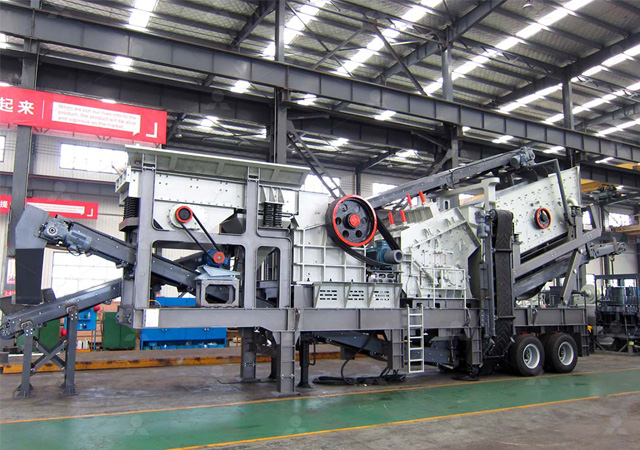Exporting mobile crushers involves various technical, regulatory, and logistical considerations to ensure the equipment’s safe and efficient delivery to international markets. Here are the key precautions to take:

1. Compliance with Export Regulations
- International Standards: Ensure the mobile crusher complies with international standards and regulations such as CE marking in Europe or UL standards in North America.
- Export Licenses: Obtain necessary export licenses from relevant authorities. Different countries have specific export regulations that need to be followed.
- Customs Documentation: Prepare and organize all required customs documentation, including commercial invoices, packing lists, certificates of origin, and shipping bills.
2. Technical and Mechanical Checks
- Inspection: Conduct a thorough pre-export inspection to ensure the mobile crusher is in optimal working condition. This includes checking the engine, hydraulic systems, and crushing mechanisms.
- Maintenance Records: Provide detailed maintenance records and operating manuals to the buyer. This helps in understanding the machine’s history and maintenance needs.
- Spare Parts and Accessories: Include essential spare parts and accessories that might be needed for immediate use upon arrival. This minimizes downtime for the buyer.
3. Packaging and Protection
- Disassembly: If the mobile crusher is too large for transportation, consider partial disassembly. Clearly label all parts and provide assembly instructions.
- Protection: Protect all exposed parts from corrosion and damage during transit. Use appropriate packaging materials such as shrink wrap, rust inhibitors, and sturdy crates.
- Shock Absorption: Ensure that the packaging provides adequate shock absorption to prevent damage from vibrations and impacts during transportation.
4. Logistics and Transportation
- Transport Mode: Choose the appropriate mode of transportation (sea, air, or land) based on the destination, cost, and urgency. Sea freight is often used for heavy machinery due to cost-effectiveness.
- Freight Forwarders: Engage reliable freight forwarders experienced in handling heavy machinery. They can assist with documentation, customs clearance, and logistics.
- Insurance: Obtain comprehensive insurance coverage for the mobile crusher during transit to cover potential damages or losses.
5. Legal and Safety Considerations
- Contracts: Draft detailed contracts outlining the responsibilities of both the exporter and the importer. Include clauses on delivery timelines, payment terms, and warranties.
- Safety Regulations: Ensure the mobile crusher meets the safety regulations of the destination country. This might involve modifications or additional safety features.
- Training: Provide training for the buyer’s personnel on the safe operation and maintenance of the mobile crusher. This can be done through on-site training sessions or detailed instructional videos.
7. Customer Support and After-Sales Service
- Local Support: Establish local service centers or partner with local service providers to offer after-sales support. This includes maintenance, repair services, and spare parts availability.
- Technical Assistance: Provide technical assistance and troubleshooting support to the buyer post-delivery. This can be through a dedicated helpline or online support.
Exporting mobile crushers requires meticulous planning and adherence to various precautions to ensure a smooth and successful international transaction. By focusing on compliance with export regulations, conducting thorough technical checks, ensuring proper packaging and transportation, and addressing legal, safety, and environmental considerations, exporters can enhance their reputation and build long-term relationships with international buyers. Providing robust customer support and after-sales services further ensures customer satisfaction and operational efficiency.
